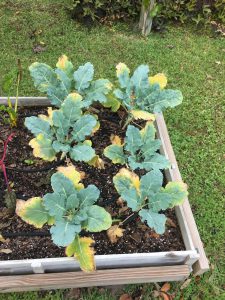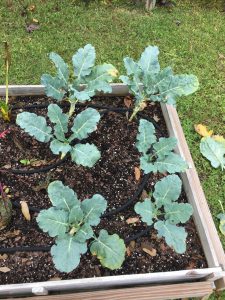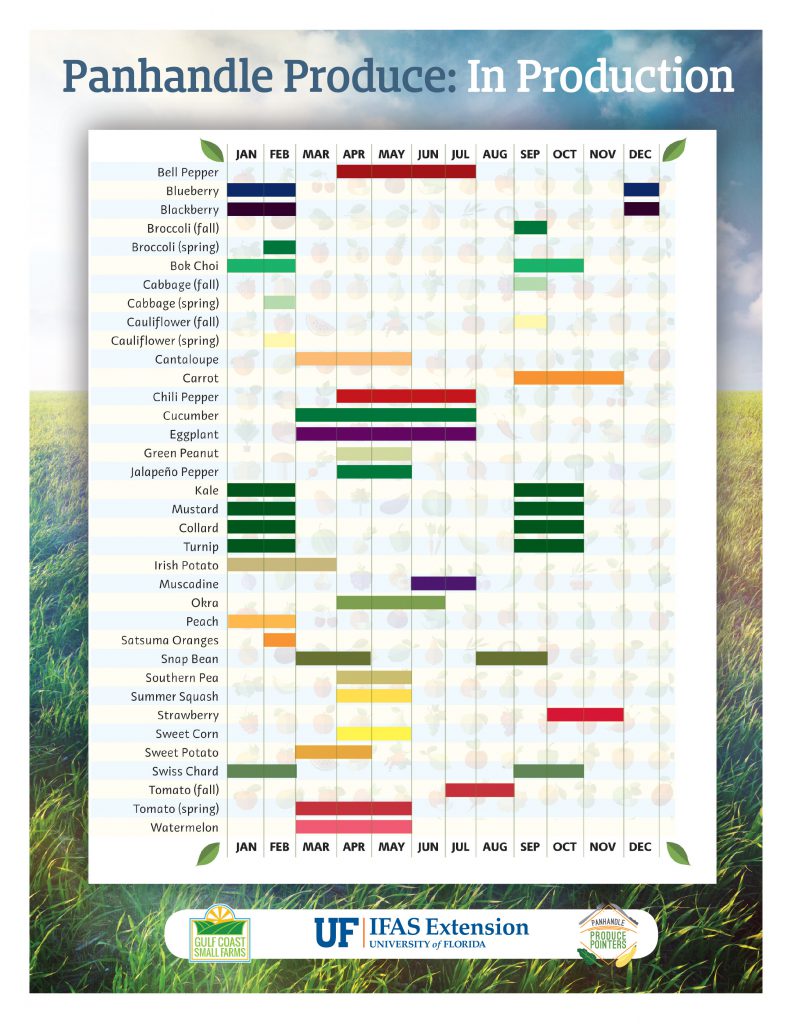After hurricane Michael many fall vegetable gardens were uprooted, wind whipped or destroyed. All is not lost. The fall and winter vegetable season can recover before cold temperatures set in.
The first step is to assess the condition of the garden. Have plants been uprooted, blown over, or just superficially damaged? If they have been irreparably there is still time to set out transplants or direct seed the garden. Several radish cultivars are able to produce a crop in about 30 days from seed. Many different types of radishes, from Cherry Belle to Watermelon, are available which will offer quick results in this area. It is still prime time to set out Swiss chard plants and other Cole crops such as kale, collards, turnips and mustard. Broccoli could be grown throughout the winter if given frost protection from a low tunnel structure.
Strawberries may also be planted now, to establish themselves from spring production. Carrots are another good option for this time of year.
Please refer to the chart below to assess production timelines:

Broccoli neglected for 2 weeks following hurricane Michael. Fertilizer to follow. Image Credit Matthew Orwat, UF / IFAS
Sometimes plants have suffered wind damage. Remove damaged or dead leaves to discourage fungal disease and encourage new growth. Oftentimes excessive rain has washed fertilizer out of the garden bed and additional applications of nutrients may be needed.
The good news is this fall vegetable season is still salvageable. Even if you are busy with recovery efforts, plant a small container or a few square feet of vegetables for this fall and winter season. Your efforts will be rewarded with a table of fresh produce! For additional information about home vegetable production please refer to this UF / IFAS Publication: Florida Vegetable Gardening Guide .

Broccoli trimmed after being neglected for 2 weeks following hurricane Michael. Fertilizer to follow. Image Credit Matthew Orwat, UF / IFAS
- Woodland Pinkroot Adds Vibrant Color to Spring Landscapes - April 27, 2023
- Easy Care Roses for the Gulf South - April 20, 2023
- Herb Gardening: When Oregano is Flavorless - March 9, 2023

